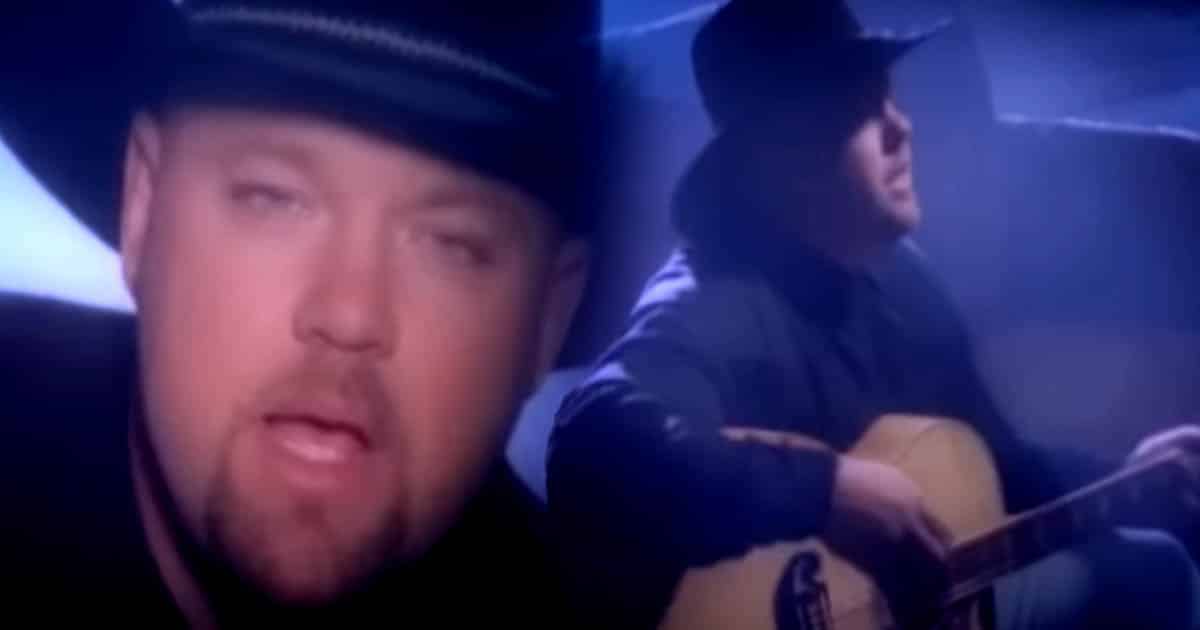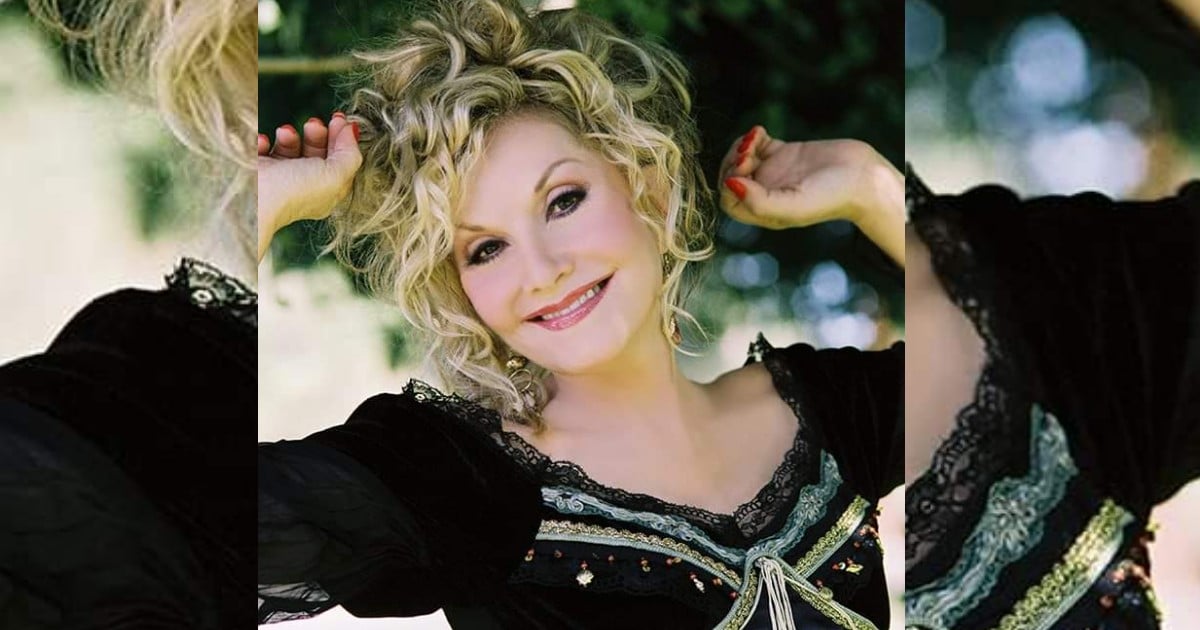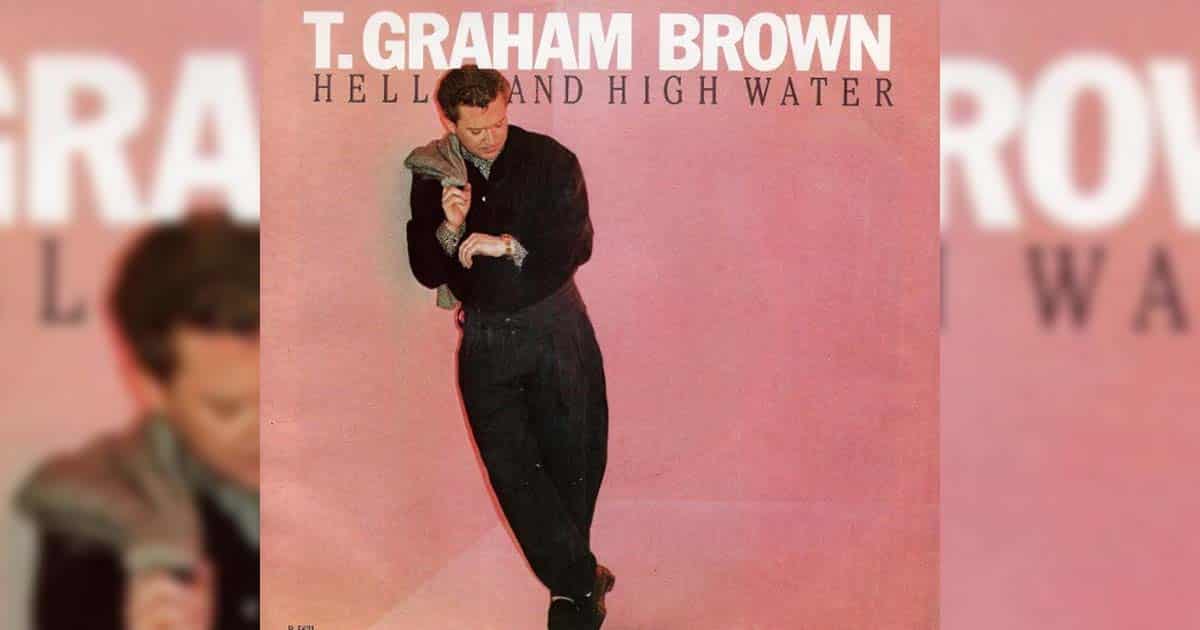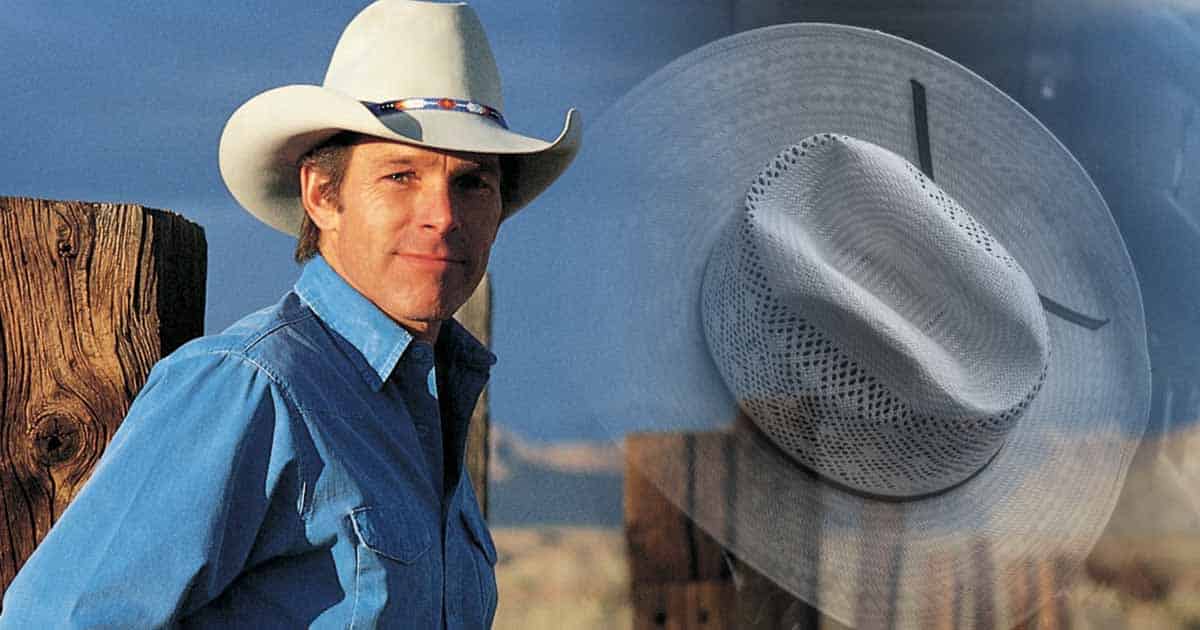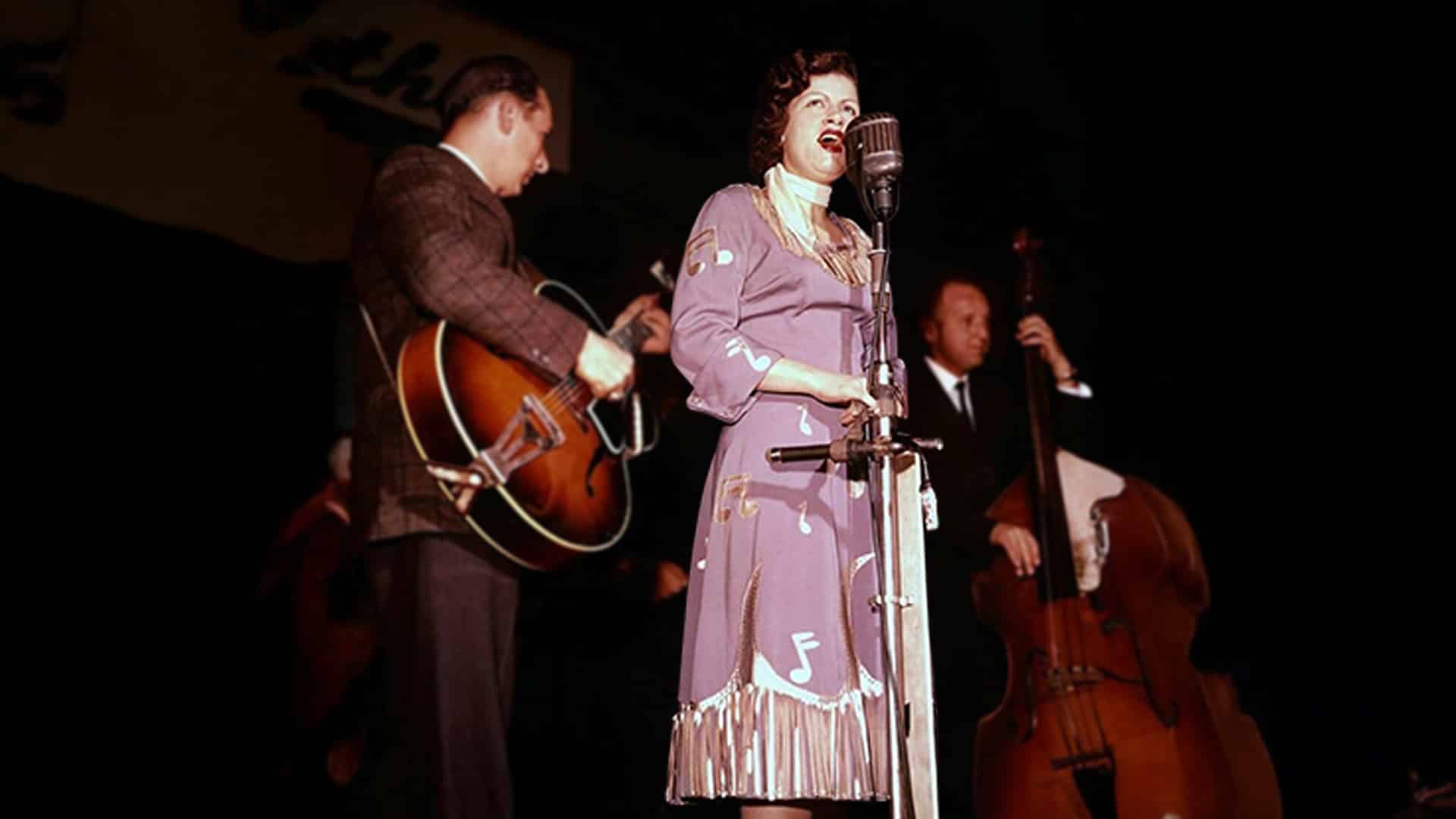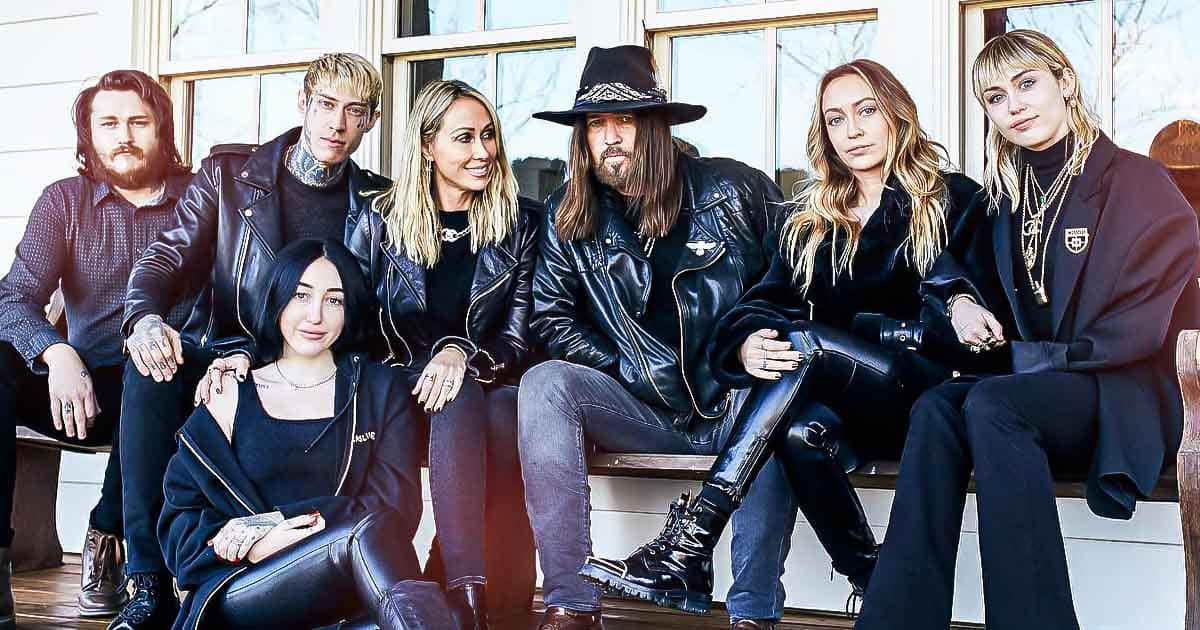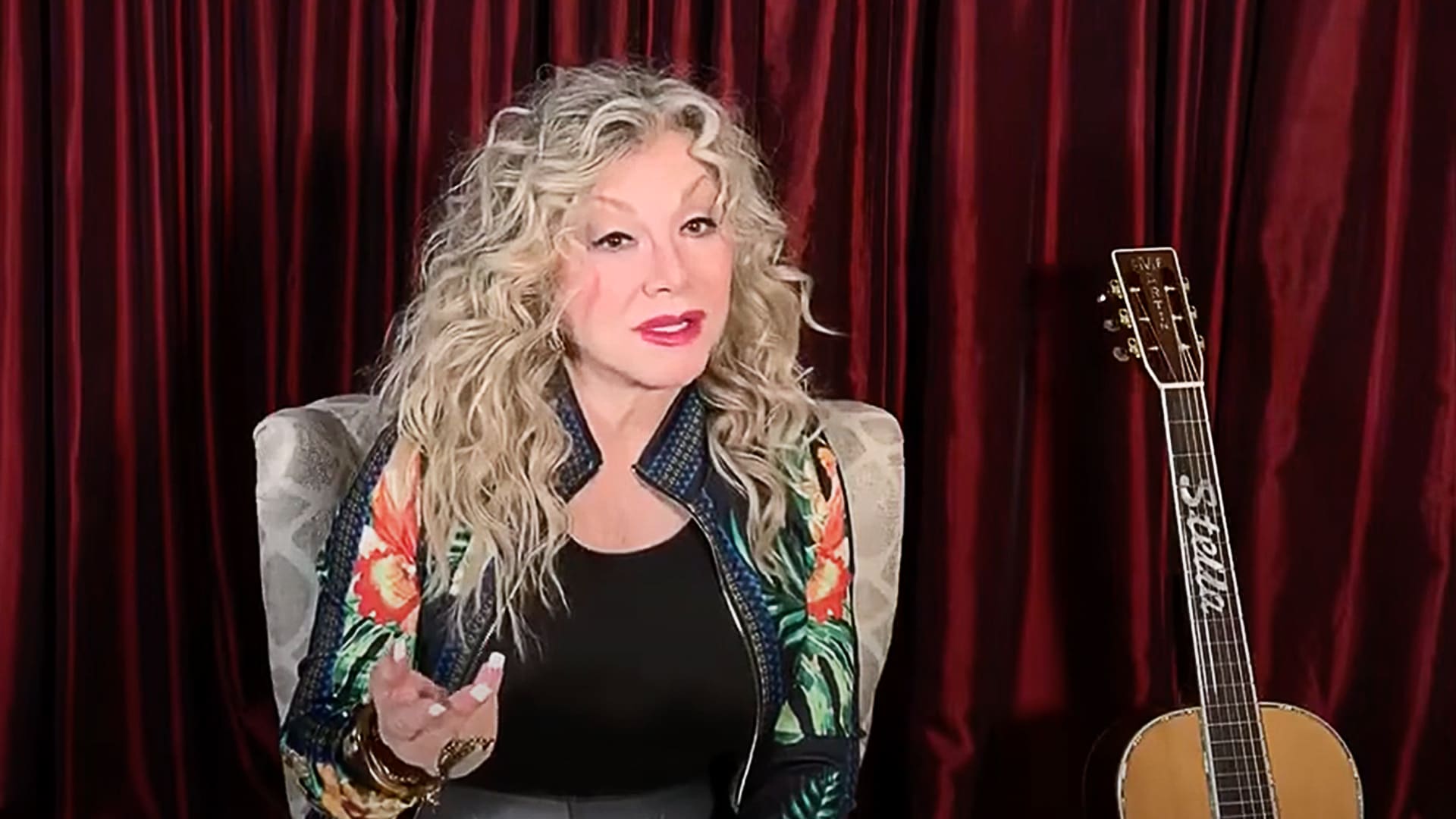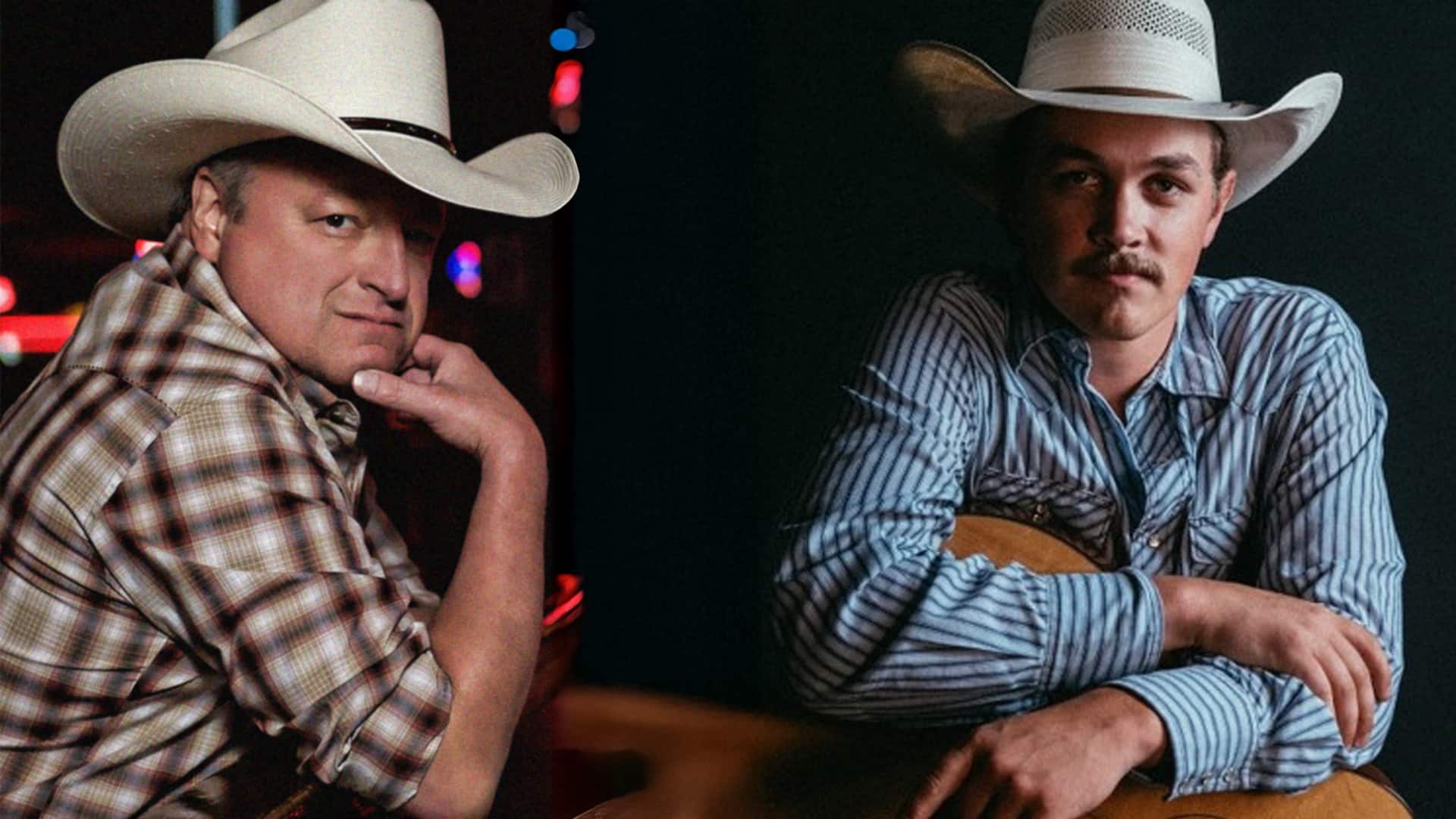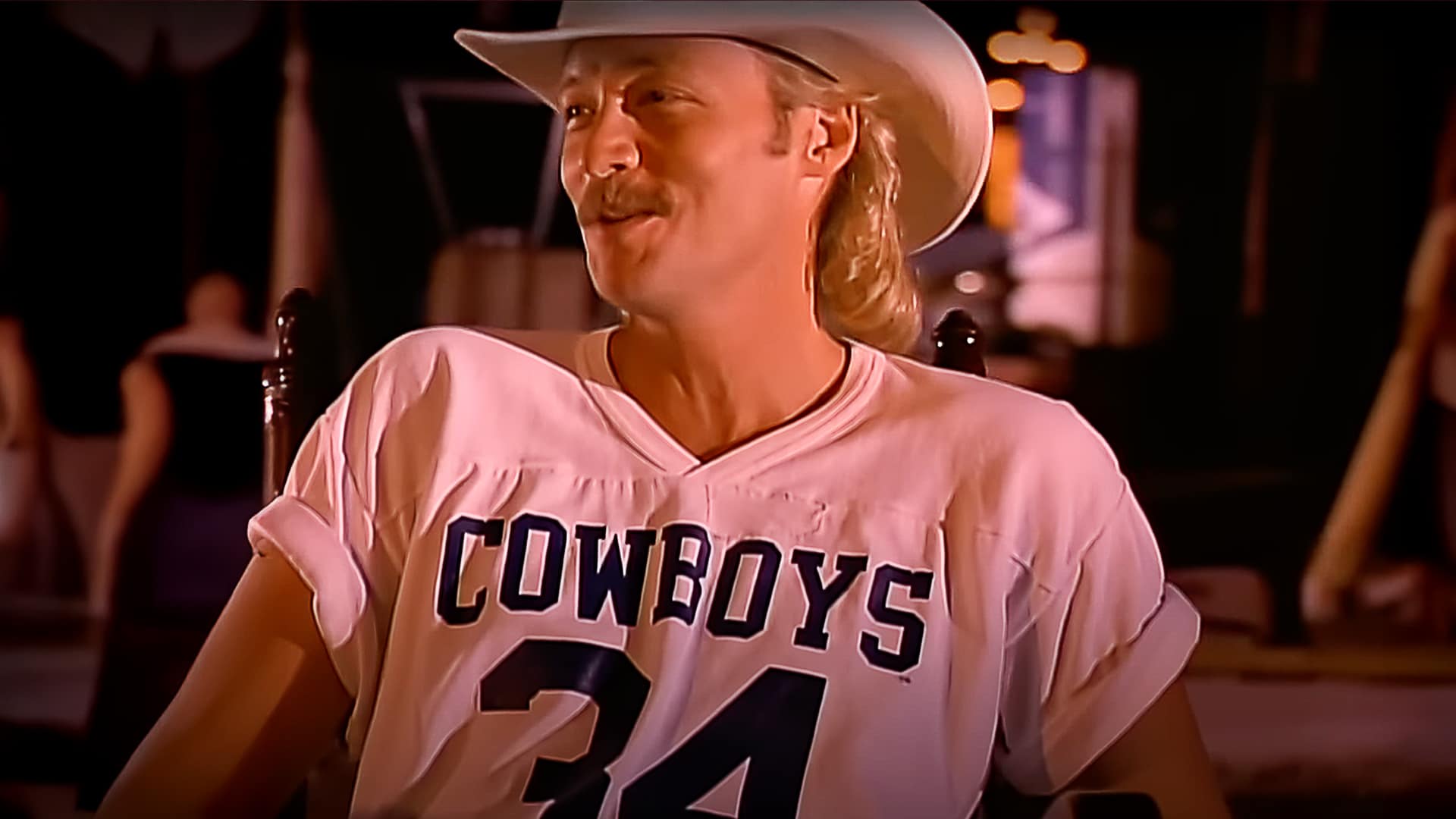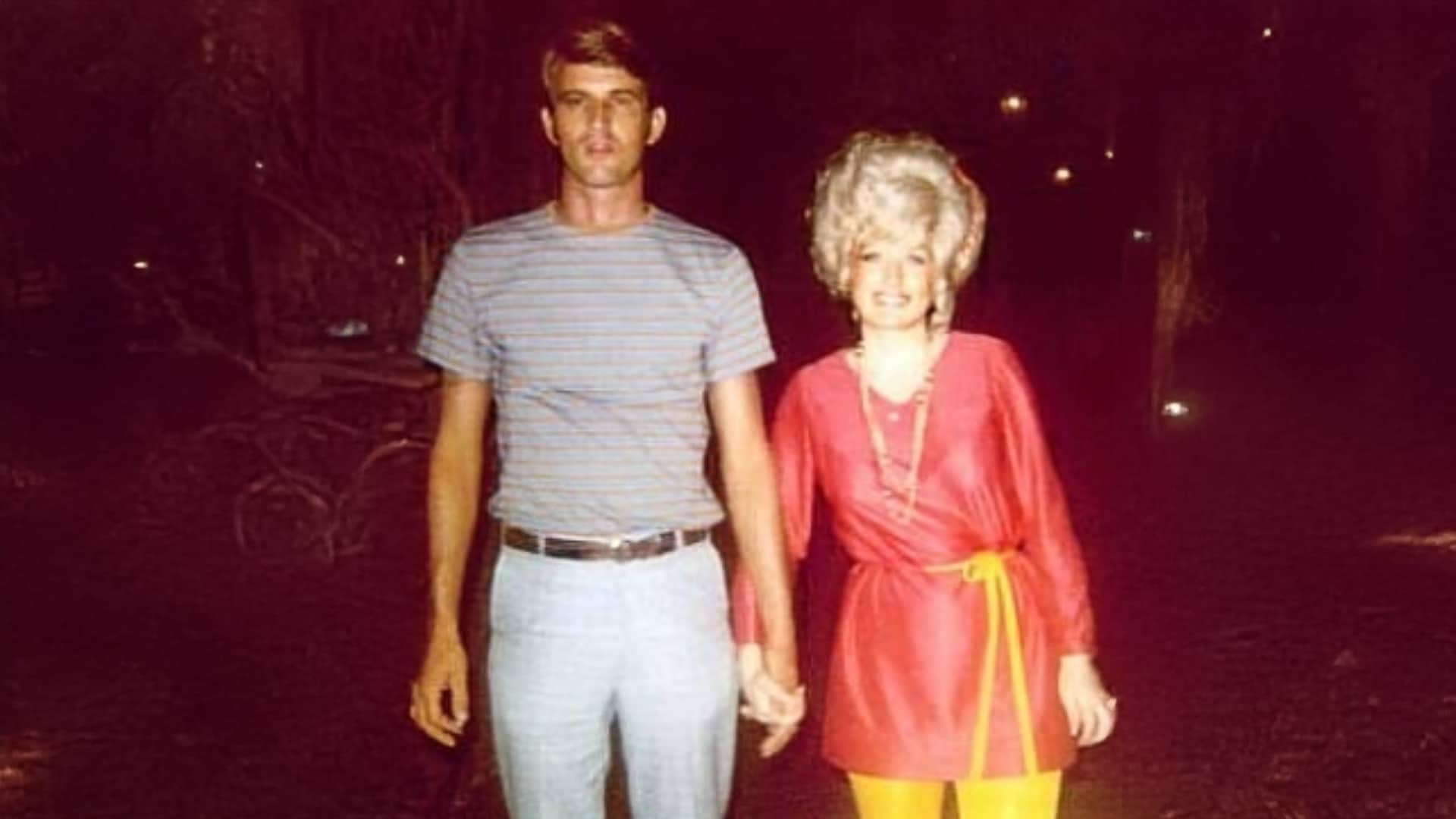The Shenandoah Band is always at the forefront of any discussion regarding the “greatest” groups in the country music genre. The band’s sound draws influences from gospel, country, and bluegrass.
John Bush from Allmusic considers them one of the first groups to rebel against the 80’s urban cowboy image. The said rebellion gave rise to the new traditionalism that flourished during the 90s.
RELATED: Our Top 15 Most Memorable Shenandoah Songs of All Time
With Marty Raybon’s unique vocals and the skilled musicianship of the band members, Shenandoah became a highly celebrated group in country music. They delivered great hits such as “Next to You, Next to Me,” “Two Dozen Roses,” and “Church on Cumberland Road.”
Who are the Current Shenandoah Band Members?
Shenandoah Band has undergone several overhauls in the past for its members. As of now, these are the band’s current members and when they joined:
- Marty Raybon (1984 – 1997, 2014 – Present Day) on Lead Vocals and Acoustic Guitar
- Marty McGuire (1984 – 1997, 2000 – Present Day) on drums and Back-up Vocals
- Nicky Hines (2022 – Present Day) Lead Guitar and Back-up Vocals
- Paul Sanders (2014 – 2016, 2018 – Present Day) on Bass Guitar and Back-up Vocals
- Donnie Allen (1990 – 1997, 2014 – Present Day) on Acoustic Guitar and Fiddle
- Andrew Ishee (2022 – Present Day) on Keyboards and Back-up Vocals
Shenandoah Band Discography
Shenandoah Band has accumulated an impressive collection of albums under its belt. Below is the list of their studio albums throughout the years:
- Shenandoah (1987)
- The Road Not Taken (1989)
- Extra Mile (1990)
- Long Time Comin’ (1992)
- Under the Kudzu (1993)
- In the Vicinity of the Heart (1994)
- Shenandoah Christmas (1996)
- Shenandoah 2000 (2000)
- Journeys (2006)
- Good Ole Fashioned Christmas (2014)
- Good News Travels Fast (2016)
- Reloaded (2018)
- Every Road (2020)
The Rich History of the Shenandoah Band
In 1984, Mike McGuire and the band’s former lead guitarist, Jim Seales, formed Shenandoah as a house band in Muscle Shoals, Alabama. They did that with Ralph Ezell (Ex-Bass Guitarist), Stan Thorn (Ex-Keyboardist), and Marty Raybon.
Before they formed the band, Seales, McGuire, Ezell, and Thorn were session musicians. As for Marty, he was with his father’s American Bluegrass Express band, which he has been a part of since childhood.
During one of the band’s shows, McGuire invited his songwriter friend, Robert Byrne. In return, Byrne invited them to his recording studio, where he let the band record a demo. He then pitched their demo to the CBS Records division of Columbia Records.
At first, the band wanted to take the name “The MGM Band,” but it got rejected for legal reasons. CBS then suggested Shenandoah and Rythm Rangers as options. Raybon went for Shenandoah because he thought the other sounded like an amateur band’s name.
1987 – 1990
The Shenandoah Band released its self-titled debut studio album, which Byren and Rick Hall produced in 1987. The album gave way to the band’s first singles to make the chart; “Stop the Rain” and “They Don’t Make Love Like We Used To.”
In 1988, the band released their second album, “The Road Not Taken.” The band got to the Top Ten of the charts for the first time with the first two singles from the album; “She Doesn’t Cry Anymore” and “Mama Knows.”
After that, three more singles, “Two Dozen Roses,” “The Church on Cumberland Road,” as well as “Sunday in the South,” became consecutive Billboard Number One Hits. Then, “The Church on Cumberland Road” made history during its two-week run at number one. It was the first time in country music’s history that a country band’s first number-one single stayed more than a week at the top.
1990-1992
In 1990, the Shenandoah Band got its biggest hit with their single “Next to You, Next to Me,” which stayed at the number one spot for three weeks. It was the first out of five singles that the band released with their third album titled Extra Mile. Additionally, the band won Vocal Group of the Year from the ACMA that year.
After the release of Extra Mile, Shenandoah got sued by a Kentucky band over the use of “Shenandoah.” The lawsuit ended up with a financial settlement. Two other bands filed lawsuits over the name “Shenandoah” after that.
The lawsuits depleted the band’s earnings, and they got forced to file bankruptcy in early 1991 after their label refused to pay one-third of their legal expenses. While the lawsuits let Shenandoah continue using the name, the bankruptcy filing ended their contract with Columbia after a Greatest Hits package in 1992.
The officials of the production company then filed a lawsuit against Shenandoah. They claim that the band tried to void their agreement.
1992-1994
1992 marked the release of the band’s Long Time Comin’ album under RCA Records Nashville. Byrne and Keith Stegall, a former solo singer known for producing Alan Jackson‘s albums, worked on the album. The band received another Vocal Group of the Year nomination during that year’s ACMA.
In 1993, Shenandoah’s second album with RCA, “Under the Kudzu,” came out. The album’s producer was Don Cook, who also produced for Brooks & Dunn then.
The album included “If Bubba Can Dance (I Can Too),” the band’s fifth and final Billboard number-one hit. Raybon and McGuire wrote the song with Bob McDill, a veteran Nashville songwriter. They did so after watching a television commercial about line dancing instructions.
The last single from the album, “I’ll Go Down Loving You,” stayed on the Billboard charts for eleven weeks, peaking at number 46. As a result, it became the first single from the band to fail to reach the top 40 since 1987.
1994-1995
In 1994, Shenandoah Band left RCA and moved to Liberty Records, Capitol Record’s Nashville division. During that time, Liberty received the master recordings of a nearly-completed album from RCA. Liberty added the song “Somewhere in the Vicinity of the Heart.” It featured guest vocals from Alison Krauss, a bluegrass musician.
They released the album in November 1994 titled “In the Vicinity of the Heart.” The title track, which served as the album’s first single, peaked at number seven on the charts. Vicinity turned out to be the band’s fastest-selling album.
The first 175,000 copies came with prepaid telephone cards. The cards also came with an 800 number one could call to receive a greeting from the band members. The song “Darned If I Don’t (Danged If I Do)” came with this album; it was the band’s final Top Ten hit.
1995-1996
In late 1995 and early 1996, Ralph Ezell and Stan Thorn left the band. Rocky Thacker replaced Ezell, and Stan Munsey replaced Thorn. During this time, Liberty Records changed its name to Capitol Records Nashville.
The band named their first album for Capitol Records in 1996 “Now and Then.” It contained re-recordings of eight singles while the band was still under Columbia.
The album also came with “Somewhere in the Vicinity of the Heart’s” original recording and five new songs. One of those songs is “All Over but the Shoutin’,” which peaked at 43 on the Billboard chart.
Additionally, the band released its first Christmas album in 1996 under Capitol Records and called it “Shenandoah Christmas.” It contained acoustic renditions of popular Christmas songs and an original song called “There’s a Way in the Manger.”
1997
In 1997, Marty Raybon and his brother recorded an album as the Raybon Brothers with MCA Nashville Records. He then continued touring with Shenandoah till the year’s end. During that time, Shenandoah Band disbanded, and Marty sold the naming rights.
2000-Present
In 2000, McGuire, Seales, Munsey, and Thacker reunited as Shenandoah. They also brought in two new members, Brent Lamb, who became the lead singer, and Curtis Wright, who played guitar and was also a vocalist.
The new lineup recorded the band’s next album, which was under Free Falls Label and titled Shenandoah 2000. The album created the band’s last chart single, “What Children Believe,” which landed at the number 65 spot. They then toured small venues to promote the album in 2001.
In 2002, Lamb left the band, and Wright succeeded him as lead vocals. Ralph Ezell, the original bassist, later returned. By 2006, Shenandoah released an album under the Cumberland Road label called “Journeys.”
On November 30, 2007, Ezell lost his life due to a heart attack. Mike Folsom succeeded him as the band’s bassist. Wright eventually left the band to join Reba McEntire’s group early that year. Songwriter Jimmy Yeary took over his position as lead singer.
In Muscle Shoals in April 2009, Yeary, Folsom, McGuire, Munsey, and Seales performed a benefit concert. Incidentally, Raybon and Wright were also in that concert.
Shenandoah Band continued to tour with Yeary on vocals during 2009 and 2010. They mostly played at country fairs and community festivals. By 2011, Yeary left the group, and Doug Stokes took over as lead vocals while Chris Lucas, aka Roach, played bass.
Marty Raybon re-joined as the band’s lead singer in August 2014. During that time, the band consisted of Raybon, McGuire, Munsey, and Chris Lucas on bass (who was later replaced by Paul Sanders). By October of that year, Jim Seales retired, and Jamie Michael replaced him on lead guitar.
In 2016, Shenandoah Band signed with Johnstone Entertainment for management representation. Brade Benge joined the group as their bassist and baritone vocals until he left in 2018.
As of today, the original members of Shenandoah Band, Raybon and McGuire, continue the band’s legacy. They are working hard to write new chapters for the band’s storied career.


